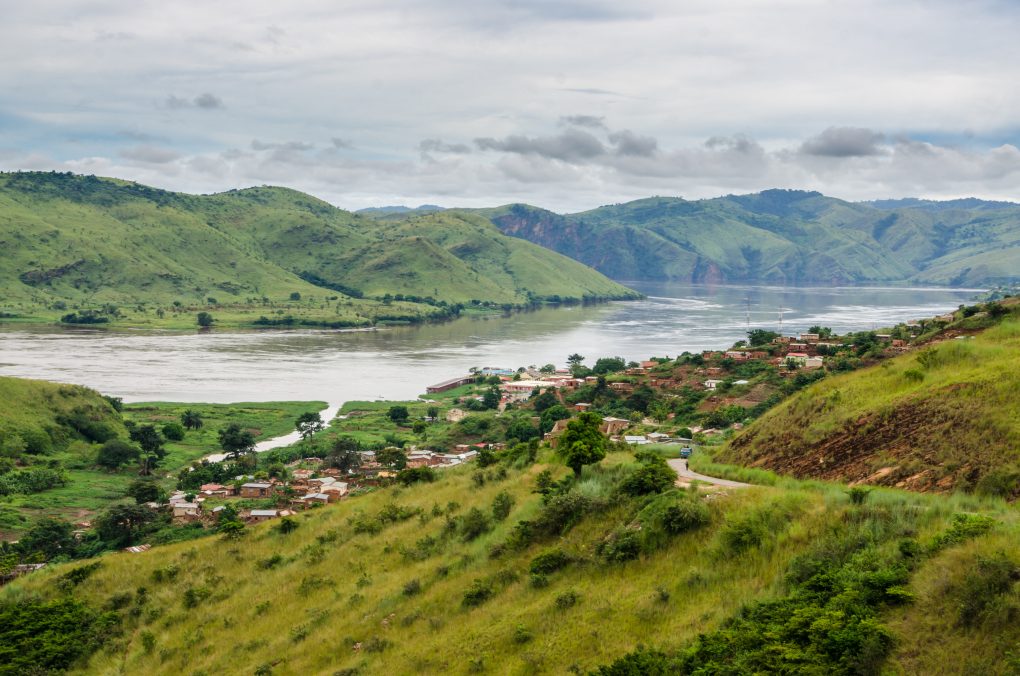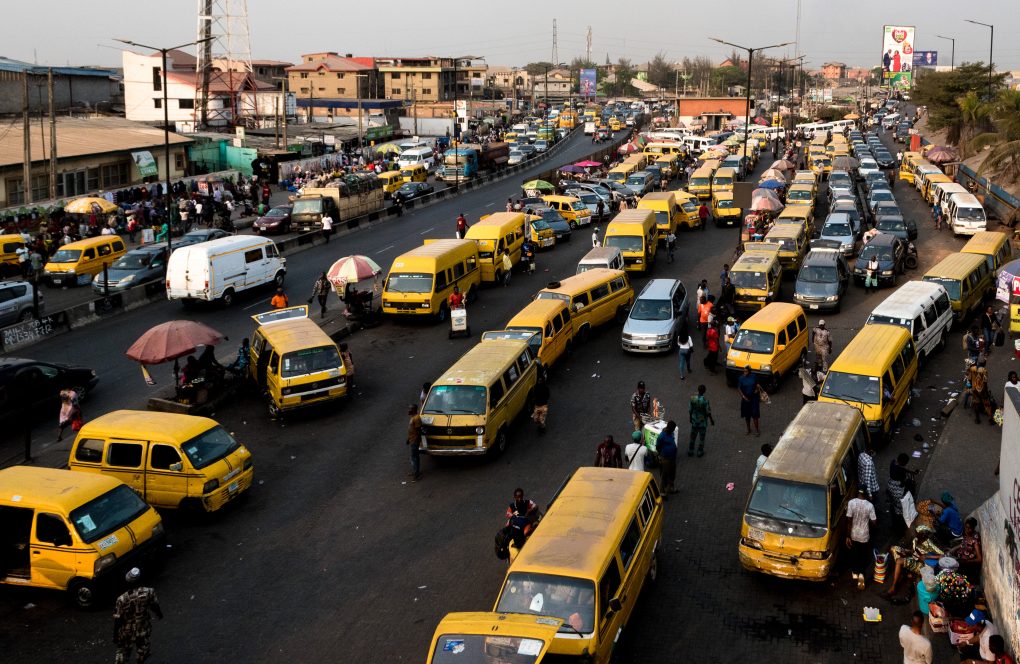Africa has a rapidly growing population. By 2050, the continent is expected to be home to twice the number of people as today – a rise from 1.4 billion to nearly 3 billion. Nigeria’s population alone is expected to overtake that of the United States. If these rapidly growing numbers of people are all trying to access the same limited resources, the outcome of that is very clear. So it is of paramount importance that Africa’s future prosperity is built on a model that respects planetary boundaries.
So, what must happen? As a continent, we must move to recognise the inherent value of our natural capital – those assets that are not finite. But to do that we must have a very clear value proposition.
Firstly, we need to properly profile and map our own natural assets and then monetise them so there is a clear understanding of their value, especially of the ecological services associated with them. In this, ministers of finance and others have an important role to ensure that natural capital is mainstreamed in national accounts as an absolute priority and that we move beyond short-term profit maximisation and GDP metrics to recognise other indicators.
This must be supported by significant investments in building capacity in our national statistics systems so we can undertake this mapping and valuation exercise on a massive scale. We need to quantify the value of forests and other forms of natural capital and then go about designing communication and awareness raising strategies that make conservation of these assets a priority for ordinary citizens, because they would have internalised and understood the true value of their assets. We can then work to develop a platform and instruments to facilitate the issuance of products such as green bonds, which can channel further investment into these assets, making conservation more sustainable and a vehicle to improving the livelihoods of concerned communities.

Let’s take the Congo Basin as an example that represents an immediate priority. The value of the ecosystem there is immense. But we need to make conservation part of the DNA of normal citizens. When well-managed, nature conservation in the Congo Basin can potentially generate much higher returns than the traditional exploitation of raw materials such as fossil fuels, cobalt, copper, diamonds and so on. The carbon credit market could generate $50 billion a year in revenues – much more than, for example, the DRC currently earns from exporting several different mineral commodities.
So that’s why evidence-based narratives become so important. We need to demonstrate that conserving our natural capital and building sustainable value chains generate much higher returns than exporting raw materials. Once that is clear to ministers of finance, with ministers of the environment by the table, we can have better informed discussions about what constitutes the best and more sustainable land use option, moving to a narrative where making the sustainable choice generates much higher returns. This is what is at stake!
But it is really a balancing act. It requires investment in demonstrating that conservation, and sustainable value chains pay off. We must demonstrate that going beyond GDP metrics makes sense. Unless we mainstream those concepts, some of our countries will be under the illusion that they are getting more from the exploitation of raw materials. Fortunately, on the latter, in adopting the Africa Mining Vision (AMV) in 2009, the continent has clearly indicated that its mineral resources should contribute to endogenous growth. This is achievable through resource-driven industrialisation, value addition and deeper participation in the higher echelons of regional and global value chains. This approach also seeks to upscale local content and increase linkages between the extractive sector and other sectors of the local economy, potentiating the emergence of competitive small and medium-scale enterprises, more job creation, and a greater share of value that is retained locally. This was the essence of the DRC-Africa Business Forum on the battery and electric vehicles value chain, which together with the government of DRC and other partners we organised in November 2021. This should be part of the conversation on just transitions and shared value creation.

I am a mining geologist by background, but a long time ago, I concluded that there are options beyond extractives, which would complement the aspirational goals of the AMV. As such, monetising our natural capital is a critically important part of the just transition for Africa.
Let me talk more about the pathways to a just transition on the continent. To start with, we have to recognise that a large number of Africans still lack access to electricity. We do not have the base capacity to easily bring more renewables online. So, some fossil fuel sources of energy, such as natural gas, have to be part of the pathways moving forward. This may initially increase emissions, but as the base generation capacity increases, the opportunity to further invest in renewables increases. As such, there is a need at COP27 to increase support for the just energy transition pathways proposed by African countries — including those that feature natural gas as a transition fuel.
But, let me insist, the package of measures that we must put forward must also recognise natural assets and resources as critical assets to facilitate the transition to net zero. The action plan that will be presented at COP27 will identify Africa’s own solutions – and innovative instruments, such as the establishment of carbon trading facilities and green bonds. We are victims of the carbon-intensive growth models of the past and we should be justly compensated for that, but we are also resolute in championing a green development trajectory, building on the potential of our own natural capital.
Africa will go to COP27 with a unified and strong position.
Antonio Pedro is the Acting Executive Secretary of the Economic Commission for Africa.
The views expressed in this article are the contributor’s own and do not necessarily reflect BII’s investment policy or the policy of the UK government.
